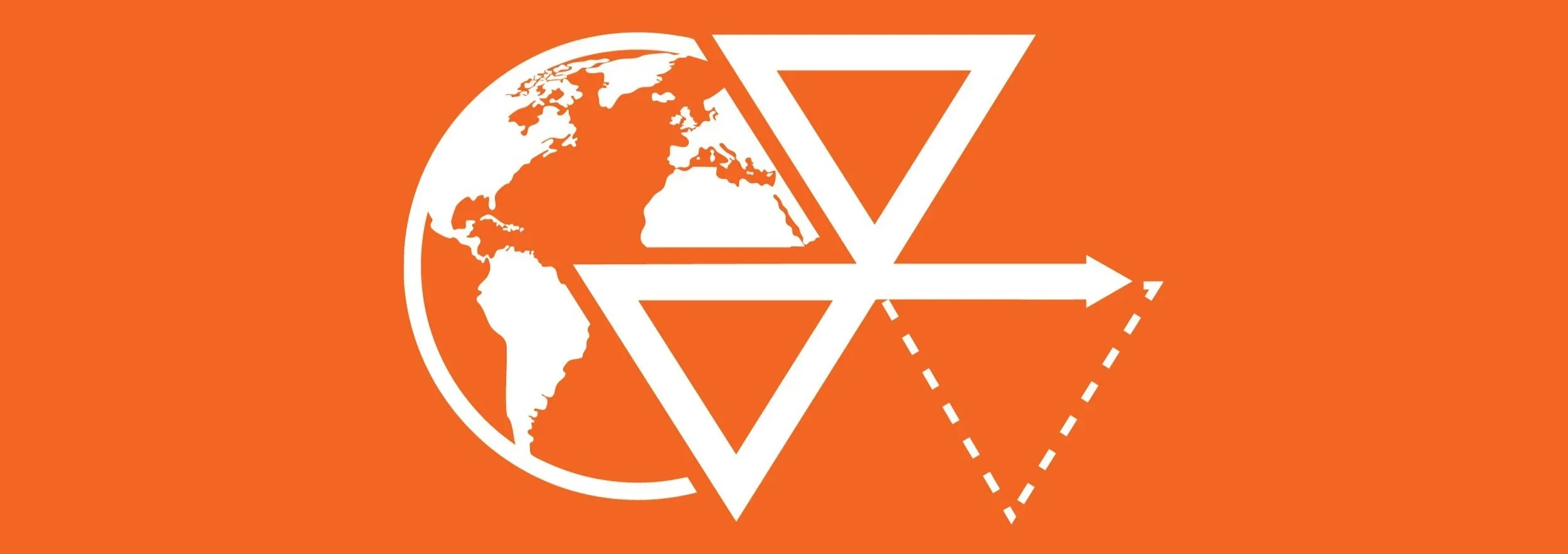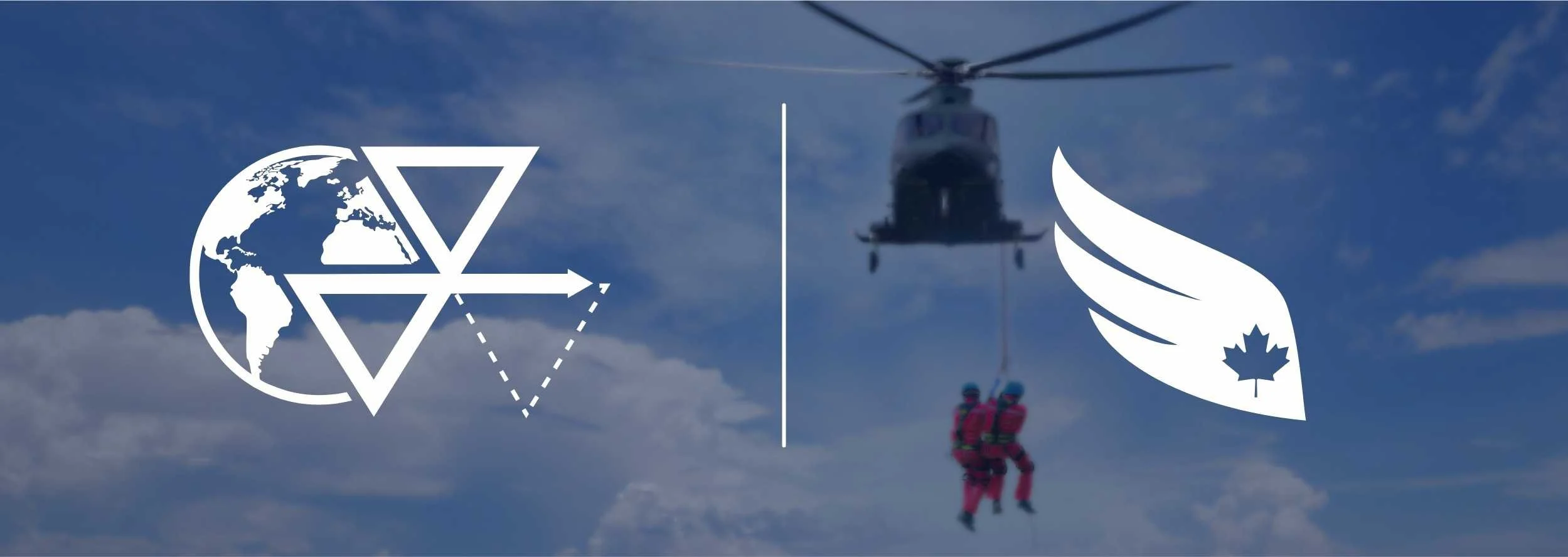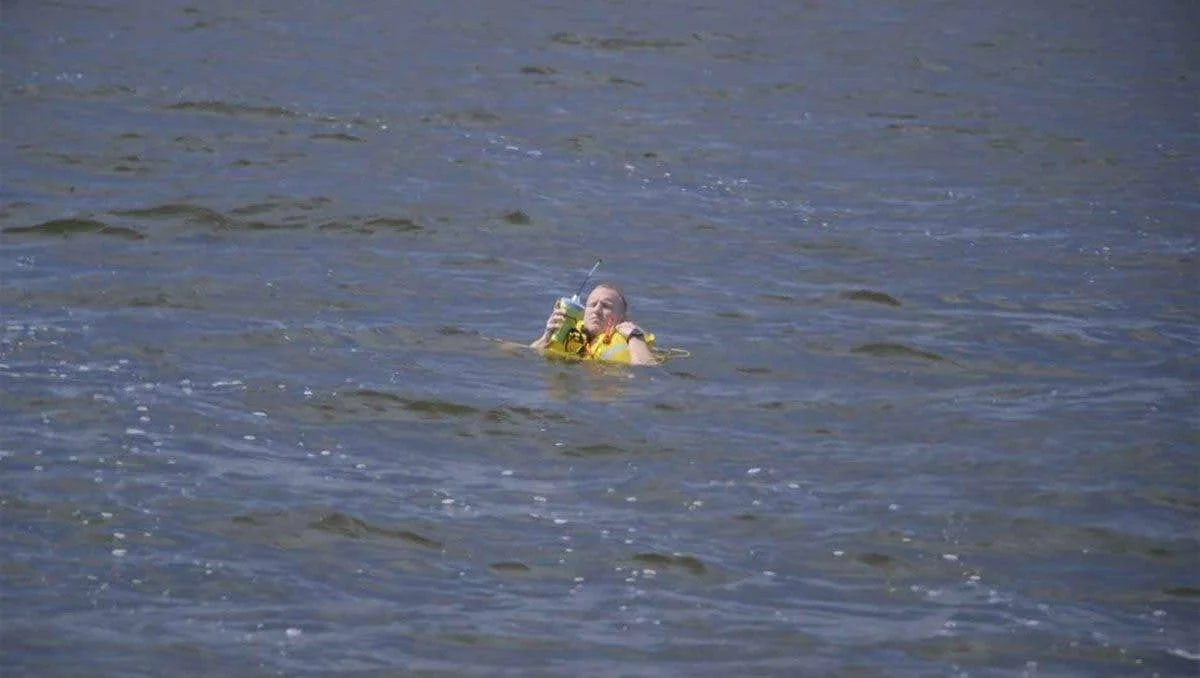

News
Updates, Partnerships, & Articles
Welcome to IASARC News
Your source for updates on international search and rescue coordination, strategic partnerships, and Articles written by SAR experts.
The International Association of Search and Rescue Coordinators (IASARC) is leading a landmark global initiative to create the world’s first ISO-compliant certification for search and rescue coordinators. By bringing together multinational committees of top SAR experts, IASARC is building a rigorous, competency-based program that standardizes training, assessment, and professionalism across borders.
IASARC strengthens its global SAR mission with Ms. Dana Tulis onboard—bringing decades of leadership to advance rescue coordination and save more lives. Read how leaders like her set the vision, allocate resources, and coordinate agencies to ensure that their country is capable of responding to distress situations efficiently.
“I’ve been on teams that got there too late because of a lack of coordination…and the rescue became a body recovery,” says Dr. Jessie Virga. She joins IASARC as Chief Administrative Officer to professionalize SAR coordination and ensure alerts become rescues, not recoveries. IASARC’s audacious vision: every life that can be saved is saved.
As a member of our Board of Directors, Jean will help guide IASARC’s strategic vision as we endeavor to advance the profession of SAR coordination.
The International Association of Search and Rescue Coordinators (IASARC) is proud to announce the completion of its Certification Program Framework.
Launch the World means not holding back, and moving heaven and Earth, when necessary, to locate those in distress and render aid. Launching the World is precisely what happened on June 18, 2023.
Our thoughts and condolences go out to those affected by the recent aircraft collision that occurred in the DC area last night. At IASARC, we honor the dedication of first responders and those involved in search and rescue efforts
We are thrilled to announce the launch of IASARC, a nonprofit organization dedicated to advancing the professionalization of Search and Rescue (SAR) Coordination on a global scale.
Professionalism in Search and Rescue (SAR) Coordination Is Non-Negotiable: International Aeronautical and Maritime Search and Rescue (IAMSAR) Solutions becomes the International Association of Search and Rescue Coordinators (IASARC’s) First Plank Owner and Lifetime Member
The International Association of Search and Rescue Coordinators (IASARC) is honored to collaborate with His Majesty’s Coastguard (HMCG) in a shared effort to enhance the global search and rescue (SAR) system.
The International Association of Search and Rescue Coordinators (IASARC) is partnering with the International Public Safety Qualifications Authority (IPSQA) to establish standardized credentials.
Help us advance SAR technology through your generous contributions.
The International Association of Search and Rescue Coordinators (IASARC) is proud to announce a groundbreaking partnership with the French-based Global SAR Hub (GSH).
If you fall into the water, even with modern aircraft, sensors, and highly trained rescuers searching for you, the odds of survival remain dauntingly low. The physical limitations of human searchers are well documented. Today, new technologies are reshaping this landscape. Yet a fundamental challenge remains: the lack of a common framework to measure, compare, and validate these technologies. Read about IASARC’s new Science & Technology Workstream and how it’s helping ensure every SAR practitioner—wherever they operate—has access to validated, effective tools and the knowledge to use them.
Around the world, Search and Rescue (SAR) personnel rely on accurate, timely information to save lives. In the United States, the Search and Rescue Satellite-Aided Tracking (SARSAT) Program continues to evolve, strengthening this mission every day. Several significant advancements are now coming into view—advancements that promise to deliver faster detection, more reliable location data, and meaningful communication with people in distress.
Although rendering aid to those in distress, whether on land or sea, is an inherently governmental responsibility, the majority of rescuers around the world are volunteers. These selfless heroes, hailing from a variety of charities, nonprofits, and non-governmental organizations (NGO), are the backbone of the world’s search and rescue (SAR) enterprise, without which, thousands would be lost every year. Recently in the U.S., the Occupational Safety and Health Administration (OSHA) has come under fire from a number of U.S. senators regarding its proposed Emergency Response Standards.
The team of the International Association of Search and Rescue Coordinators (IASARC) had the opportunity to present at the 2025 Maritime Search and Rescue Conference in Southampton, UK. The event drew more than 450 attendees from 40 countries and included over 70 companies. IASARC’s contributions to the conference included a presentation on the psychological aspects of decision-making in search and rescue coordination, as well as representatives sitting on an expert panel focused on the future of search and rescue, alongside the Maritime SAR Council and His Majesty’s Coastguard.
On the night of 6 July 1988, the Piper Alpha oil platform, located around 120 miles northeast of Aberdeen, suffered a series of explosions and fires that ultimately destroyed the installation. Of the 226 people on board, 167 men lost their lives, and it remains the world’s deadliest offshore oil disaster. The Piper Alpha tragedy triggered sweeping change across the offshore oil and gas sector—not just in the UK, but worldwide.
SAR coordination certifications are critical for organizations to establish credibility and validate that they possess the expertise required to perform their role within the Global SAR System. Certification creates measurable benchmarks, builds interoperability, and strengthens trust. This article examines why credentialing matters and how unified standards can transform life‑saving operations.
Life‑saving missions often fail not from lack of effort, but from systemic blind spots. Human searchers are inefficient, a lack of sensor technology data causes a disconnect with search theory, and AI solutions remain untested. With private sector advances in autonomous detection, the challenge is developing rigorous methods to evaluate performance and integrate AI into real operations.
Search and rescue is often framed as a test of endurance and skill. But the real test is coordination. It’s the invisible architecture that aligns people, plans, and resources. Neglecting it undermines every other investment. Prioritizing coordination is not optional—it’s the difference between chaos and a coherent, life-saving response. Coordination is the missing link in search and rescue. IASARC provides the structure, training, and leadership to turn chaos into a unified, life‑saving response.
Engrained in the ethos of this enterprise is the ideal that saving lives must take advantage of all available resources. Learn about a recent effort for a new IASARC partnership that will leverage the vast network of Global SAR Resources throughout Asia to inform and improve IASARC’s SAR coordination certification program.
What exactly is the Global SAR System? In a single sentence, it is a network of organizations and resources that collaborate to support individuals in distress. But it is so much more than that. To offer our readers and the global SAR community a better and more profound understanding of the world’s critical lifesaving system, I turn to a dear friend and colleague, Mr. Rick Button, who is the Chief, Coordination Division, Office of Search and Rescue, U.S. Coast Guard Headquarters, Washington, D.C., and the Secretary, U.S. National Search and Rescue Committee.
The Contemporary Problem of Search can be summed up in a word: pixels. The pixel can be collected from an aircraft, surface vessel, drone, or satellite. But how do you turn the collected pixels into actionable information that search and rescue (SAR) responders can use to save lives?
During an international search effort for a missing sailor who is believed to have gone overboard from the USS George Washington, a question inevitably comes to mind: What if they didn't have to search in the first place?
Pete Comer is far too humble to accept praise or allow himself to be in the spotlight. Nevertheless, his story is worth telling, not for his benefit, but for our inspiration.
The young girl who fell from the 4th deck of the Disney Dream cruise ship on June 29th was fortunate to have the world’s best man overboard (MOB) detection system on watch – a vigilant parent.


















